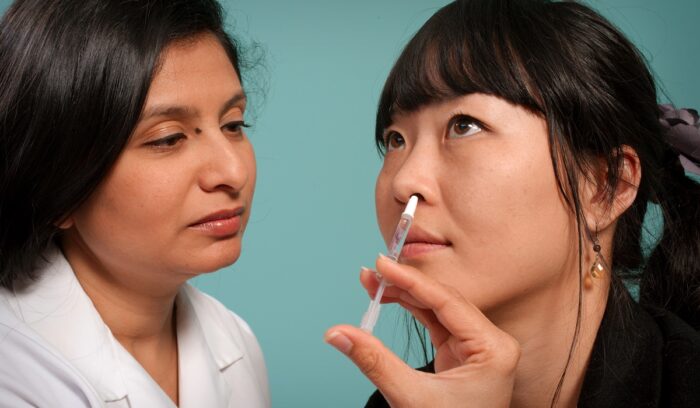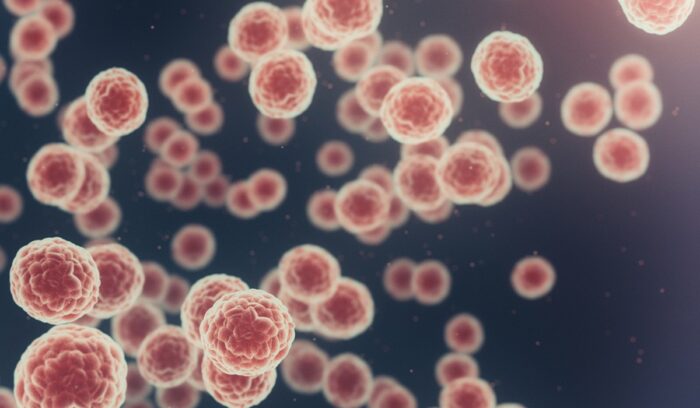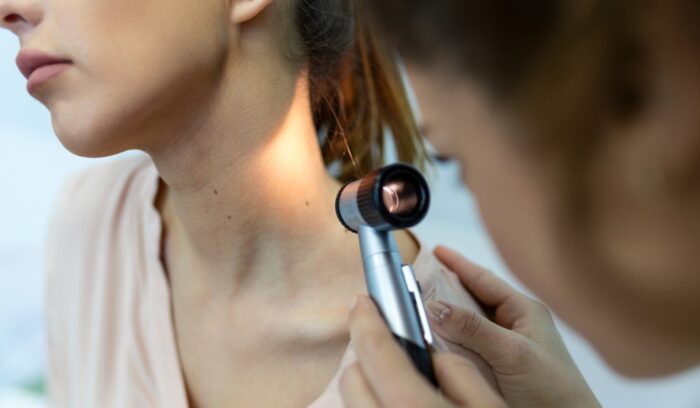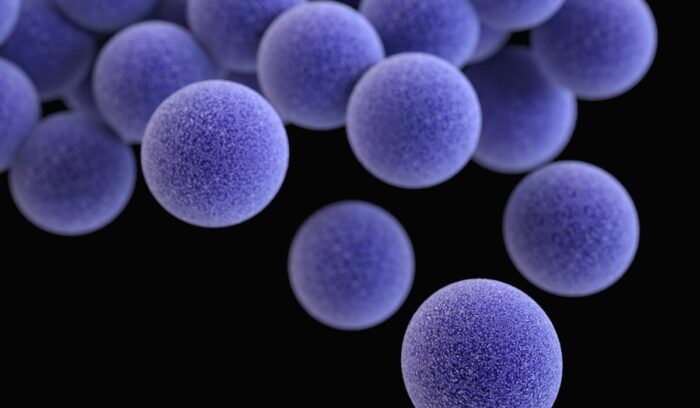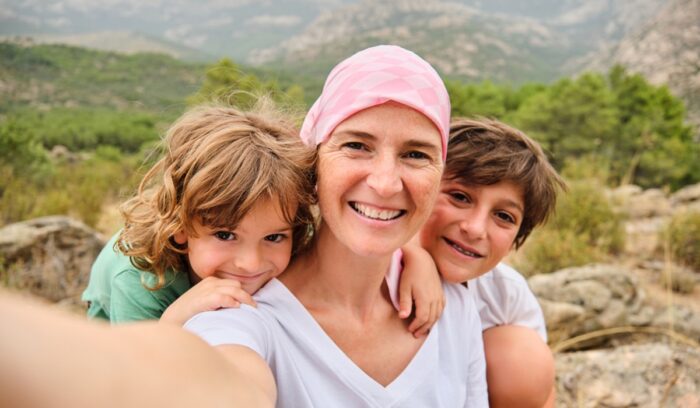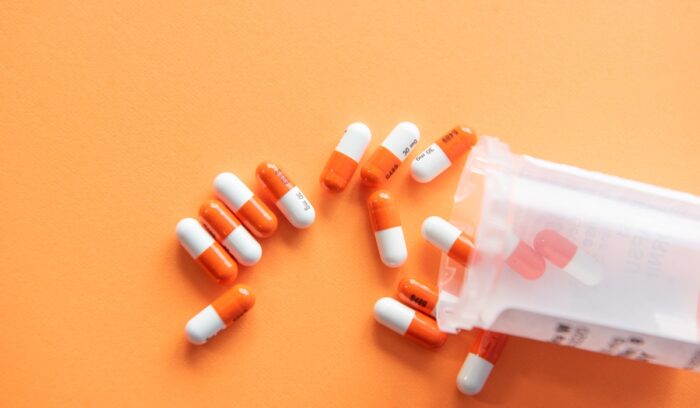Novel nasal COVID-19 vaccine offers longer, better immunity than jabs
Researchers at Duke-NUS Medical School in Singapore have developed an intranasal COVID-19 vaccine that enhances the immune system’s response to the virus, providing longer-lasting, greater protection than vaccine injections, even against new and emerging variants. The novel vaccine candidate could mean fewer boosters in future.

